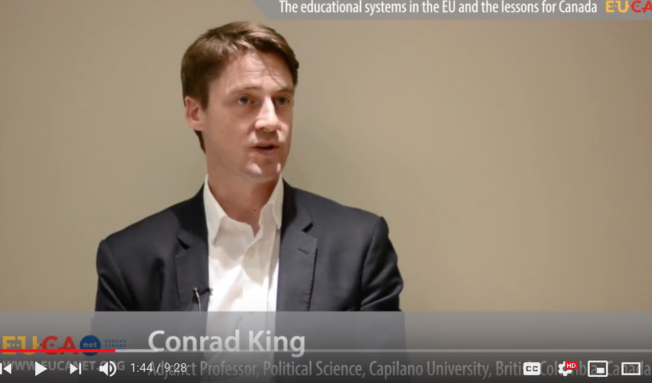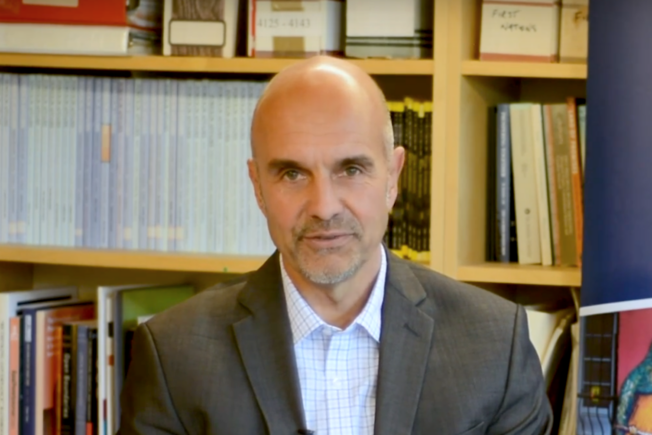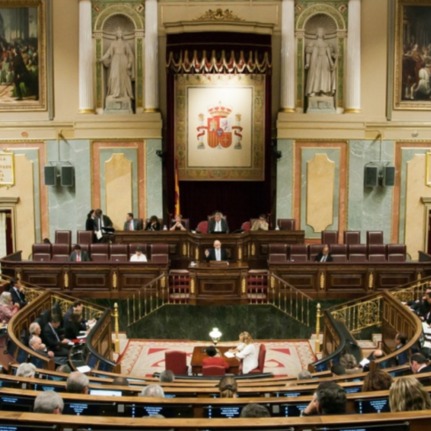Rebeccah Nelems: What Are The Greatest Challenges Populism Poses To Democracy?
Rebeccah Nelems, PhD student in the Sociology and Cultural, Social, and Political Thought (CSPT) program and member of the Cedar Trees Institute at the Central for Global Studies at the University of Victoria, participated during the international conference “Constitutionalism in the Age of Populism”, March 6-8, 2020. For the video series on Populism and Democracy she accepted the invitation to respond to a bold question “What are the greatest challenges that populism poses to democracy?”
Rebeccah Nelems identifies the greatest threats posed by populism in what it erases and erodes in terms of genuine dialogue, deep listening and multilog. Populism – notes Nelems – does so in three dominant ways. First, it strips away the intersectionality and the diversity of the people. Second, the us-them ways of thinking about the other and about the self erode and invisibilize the complex web of relationships that exist between people. Third, this us-them framing of the world reflects a form of thinking and being that is prominently western, anthropocentric, binary and colonial. Nelems points to the fact that these forms of erasure affect the way people experience the other and the relationship with the other, as they eliminate other possible imaginaries and the different ways people could actually be together and in dialogue.
This video is part of the CEDoD project and was produced as part of the event “Constitutionalism in the Age of Populism”, which took place on 6-8 March, 2020 in Victoria, BC. CEDoD stands for “Canada Europe Dialogue on Democracy: Democratic Deficit and the Rise of Populism in Europe”. This project is co-funded by the Erasmus+ Jean Monnet Action of the European Union, the Centre for Global Studies, University of Victoria, the Social Sciences and Humanities Research Council of Canada (SSHRC), the Faculty of Law at the Eötvös Loránd University (ELTE), the Australian Government through the Australian Research Council and the University of Victoria: the Faculty of Law, the Centre for Global Studies, Vice President Research Office, Faculty of Humanities and the Faculty of Social Sciences. The European Union support for the production of publications does not constitute an endorsement of the contents which reflect the views only of the authors, and cannot be held responsible for any use which may be made of the information contained therein.









